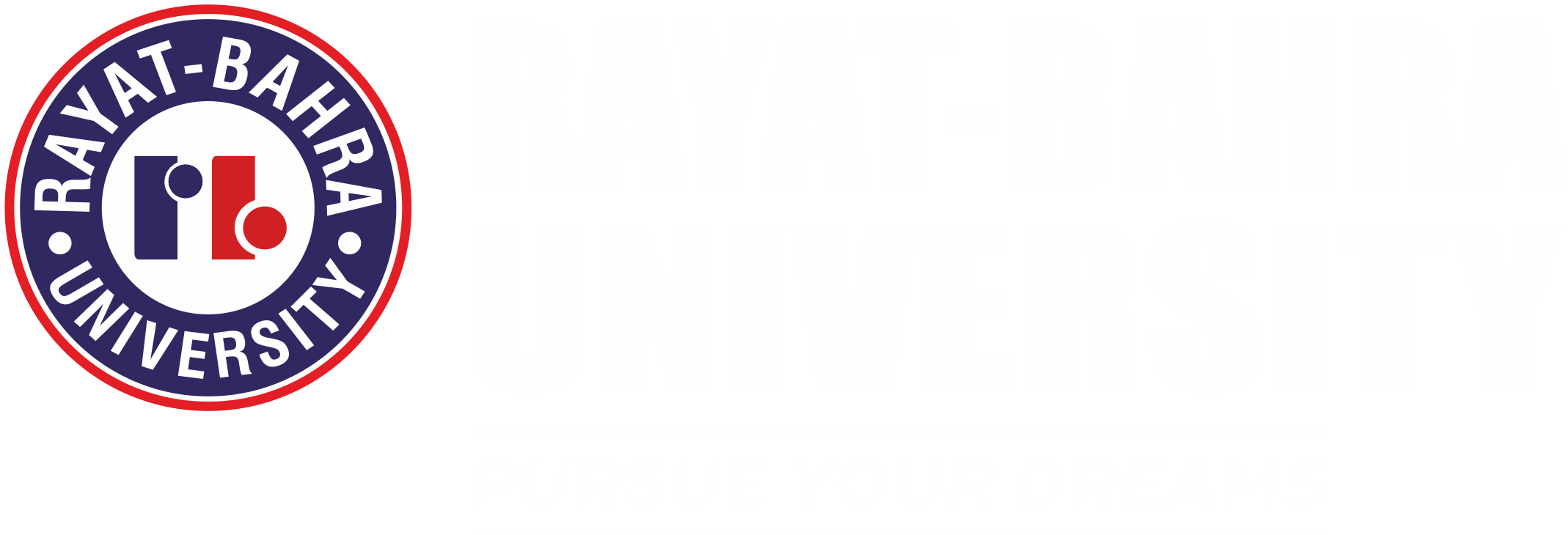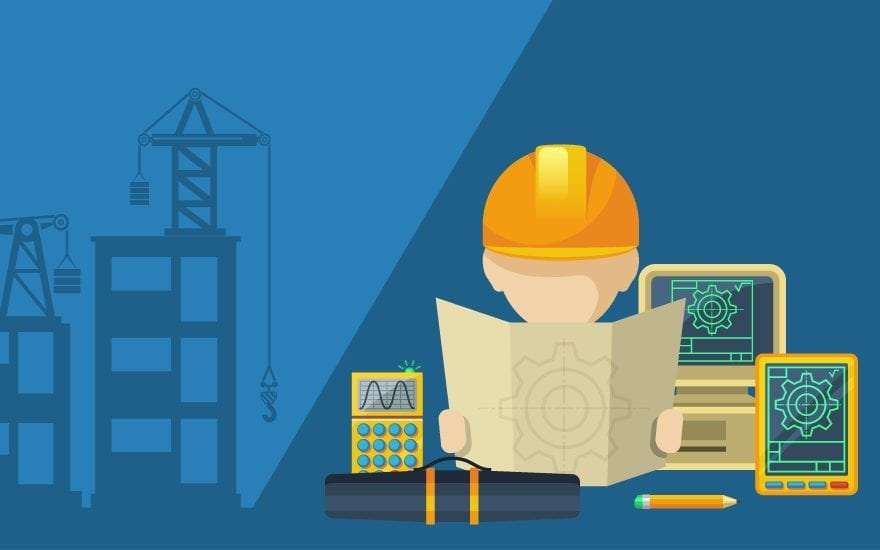A General Outline About Career Opportunities
With the liberalisation of the economy and the emergence of new enterprises and industries, an engineering graduate now has a plethora of job alternatives. Engineers are in high demand in India and abroad due to the enormous potential for infrastructure development. Engineering graduates have historically had high job prospects. Candidates can work in the private, public, or government sectors, therefore all branches of engineering are equally good if studied at the best engineering institute in Chandigarh. What counts most is one’s interest and ability for the engineering stream of choice.
The most prevalent question among all engineering students is which engineering courses, specialisations, and disciplines are the finest. As a result, it is recommended that you do not choose a branch in which you have no interest. simply because it offers hefty pay packages! You’re typically torn between prioritising your preferred stream or a reputable institution. To clear up the confusion among candidates, we’ve compiled a list of the most in-demand engineering degrees in India based on prior patterns and the preferences of other engineering students.
INDIA’S MOST DESIRED ENGINEERING COURSES:
- Computer Science Engineering
Computer science is the ultimate hero of engineering fields, and the software industry’s backbone. In India, software engineers are in high demand. It’s no surprise that this branch is at the very top! As long as computers exist among us, the demand for computer engineers will continue to increase. Computer science graduates are in high demand to satisfy worldwide needs, making it the most in-demand engineering stream. This branch has the highest salary packages of any branch, as well as a large number of abroad job prospects.
Microsoft, Google, Yahoo, Amazon, IBM, Facebook, Oracle, Cisco, and others are among the leading employers of CSE engineers Starting wages for a fresh computer engineer from a reputable institute might range from INR 4 lakhs to INR 6 lakhs.
- Mechanical Engineering
Mechanical engineering, commonly known as the “mother” discipline of engineering, is one of the oldest branches of engineering. Mechanical Engineering is one of the oldest and most demanding branches of engineering, and hence one of the broadest, so there is always room for advancement and exposure. You’ll get to design, analyse, create, and maintain anything that moves as a mechanical engineer! Mechanical engineering is one of the most popular majors among students across the country due to its excellent exposure, learning opportunities, and compensation packages. Mechanical engineers have a lot of job prospects all over the world. Mechanical engineering is an evergreen industry, according to various surveys, where possibilities will always exist despite changing market trends.
- Civil Engineering
Civil Engineering is one of the most well-known branches among fundamental engineering streams, and it acts as the backbone of any country’s whole infrastructure. Civil engineers plan, design, construct, manage, run, and maintain public and private infrastructure projects and systems, such as highways, buildings, airports, tunnels, dams, bridges, and water supply and sewage treatment systems. Civil engineers operate in a variety of fields, including planning, design, construction, research, and education. This sector is on the rise these days, owing to the various infrastructure projects in India’s pipeline. It appears to be a demanding profile, but one that may be quite rewarding if completed at one of the best engineering institutions in Chandigarh.
- Electronics and Communication Engineering
A combination of computer science and electrical engineering, has been making waves in practically every industry, from public to private, software to core. You may become a gadget guru by learning everything there is to know about digital electronics and logic design, communication engineering foundations, electronic circuits, signals and systems, power electronics, applied electromagnetic theory, integrated circuits, VLSI, and more. The telecommunications and mobile development industries have advanced in leaps and bounds in recent years, providing tremendous prospects for graduates.
CONCLUSION:
The most common concern among engineering students before attending a counselling session is which stream or branch to pursue. This challenge becomes more acute as market trends fluctuate, making it more difficult to choose the most popular engineering stream in the current context by the time one completes the four-year (B-tech) programme.
Rather than relying on the amount of vacancies in various industries, one can always make sensible decisions by evaluating the industry and determining the needs of the future market. As a result, it is recommended that you pursue your passion, even if it is not in line with the current trend, because only then will you be able to bring out the best in yourself. Remember that if you do what you enjoy, success will follow you, thus choosing the finest engineering colleges in Chandigarh, such as RAYAT BAHRA UNIVERSITY, would always be to your advantage.


